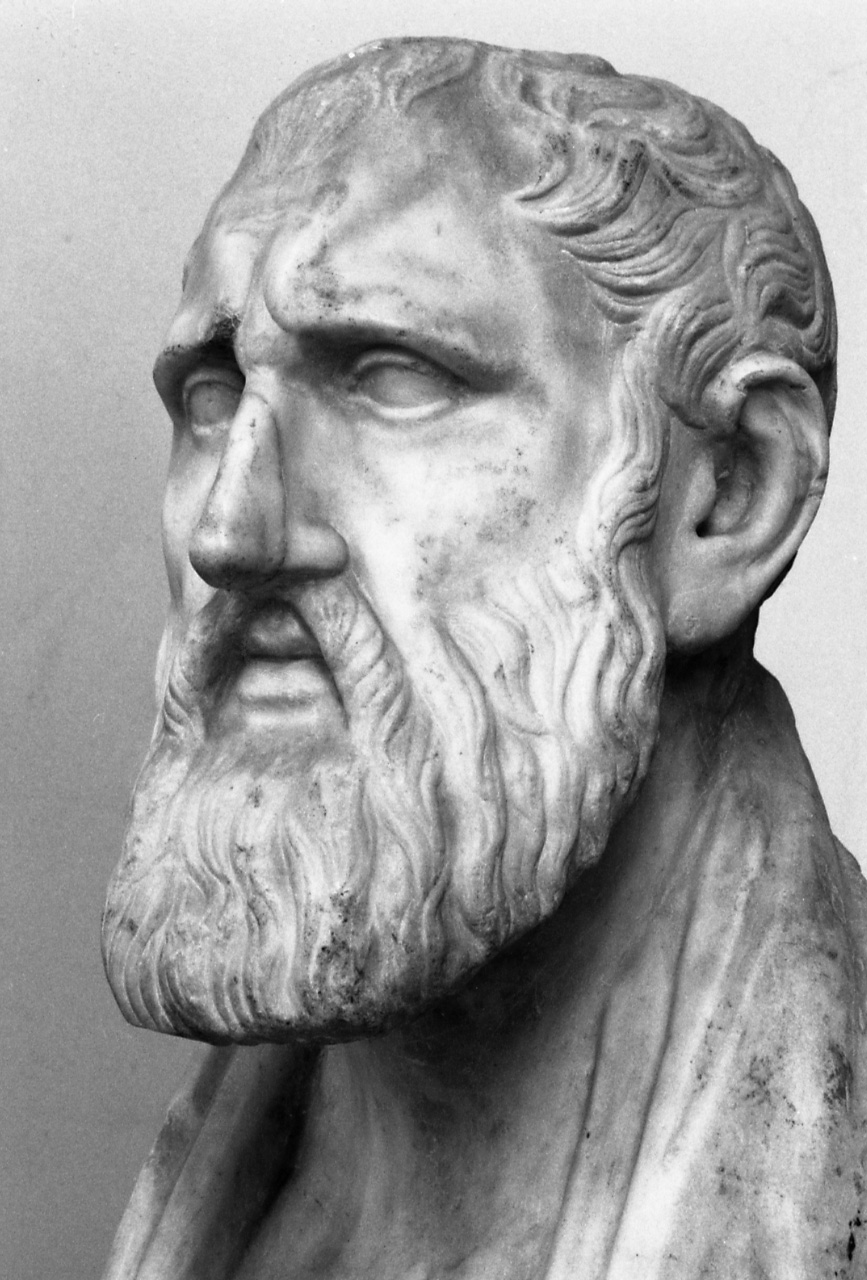Stoicism is a school of Hellenistic philosophy founded by Zeno of Citium in Athens in the early 3rd century BC. It was heavily influenced by certain teachings of Socrates, while Stoic physics are largely drawn from the teachings of the philosopher Heraclitus. Stoicism is predominantly a philosophy of personal ethics informed by its system of logic and its views on the natural world. According to its teachings, as social beings, the path to happiness for humans is found in accepting the moment as it presents itself, by not allowing oneself to be controlled by the desire for pleasure or fear of pain, by using one’s mind to understand the world and to do one’s part in nature's plan, and by working together and treating others fairly and justly.
The Stoics are especially known for teaching that "virtue is the only good" for human beings, and that external things—such as health, wealth, and pleasure—are not good or bad in themselves, but have value as "material for virtue to act upon". Alongside Aristotelian ethics, the Stoic tradition forms one of the major founding approaches to Western virtue ethics.[1] The Stoics also held that certain destructive emotions resulted from errors of judgment, and they believed people should aim to maintain a will (called prohairesis) that is "in accord with nature". Because of this, the Stoics thought the best indication of an individual's philosophy was not what a person said, but how a person behaved.[2] To live a good life, one had to understand the rules of the natural order since they thought everything was rooted in nature.
Many Stoics—such as Seneca and Epictetus—emphasized that because "virtue is sufficient for happiness", a sage would be emotionally resilient to misfortune. This belief is similar to the meaning of the phrase "stoic calm", though the phrase does not include the "radical ethical" Stoic views that only a sage can be considered truly free, and that all moral corruptions are equally vicious.[3]
Learn more / En savoir plus / Mehr erfahren:
https://www.scoop.it/t/21st-century-learning-and-teaching/?&tag=Philosophy




 Your new post is loading...
Your new post is loading...









Ein besonderes Merkmal der stoischen Philosophie ist die kosmologische, auf Ganzheitlichkeit der Welterfassung gerichtete Betrachtungsweise, aus der sich ein in allen Naturerscheinungen und natürlichen Zusammenhängen waltendes universelles Prinzip ergibt.
Für den Stoiker als Individuum gilt es, seinen Platz in dieser Ordnung zu erkennen und auszufüllen, indem er durch die Einübung emotionaler Selbstbeherrschung sein Los zu akzeptieren lernt und mit Hilfe von Gelassenheit und Seelenruhe (Ataraxie) nach Weisheit strebt.
Learn more / En savoir plus / Mehr erfahren:
https://www.scoop.it/t/21st-century-learning-and-teaching/?&tag=Philosophy